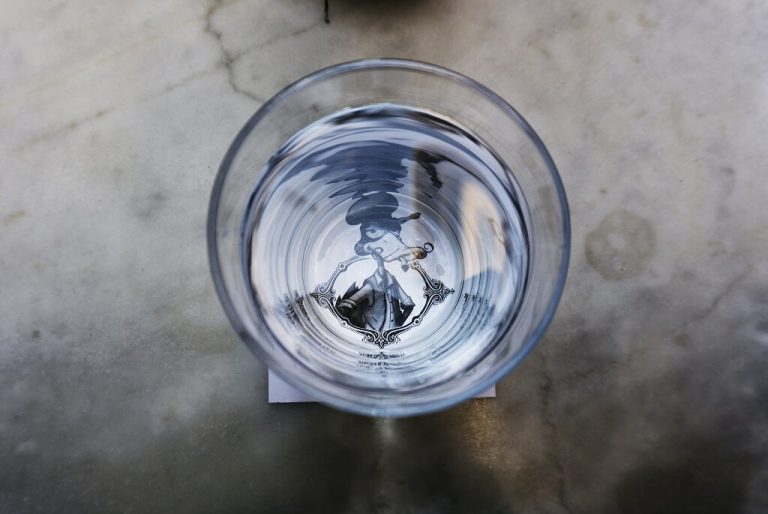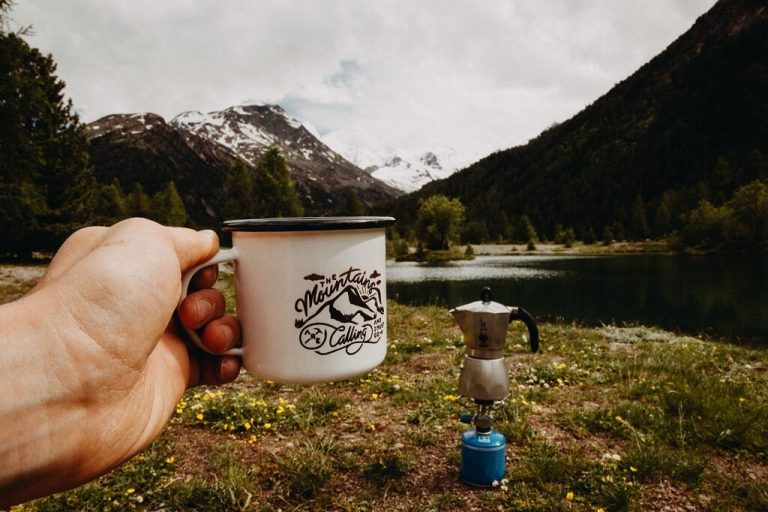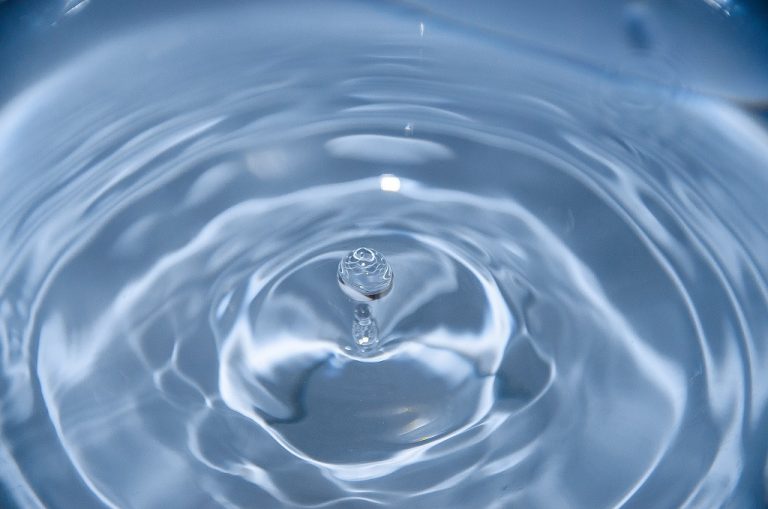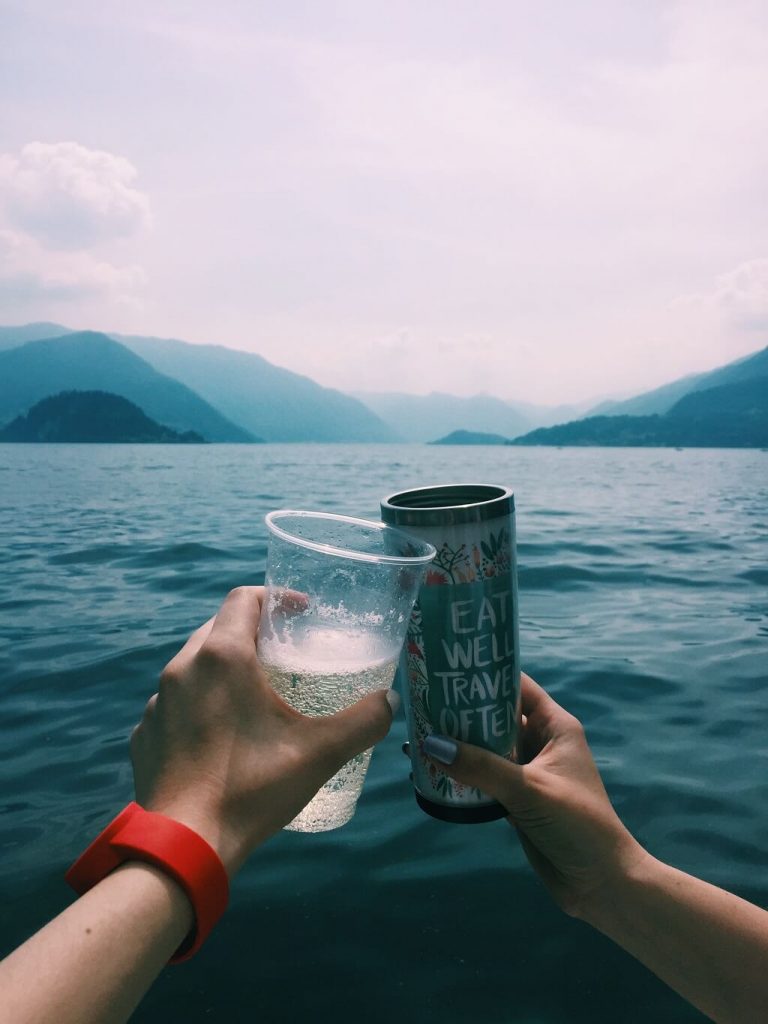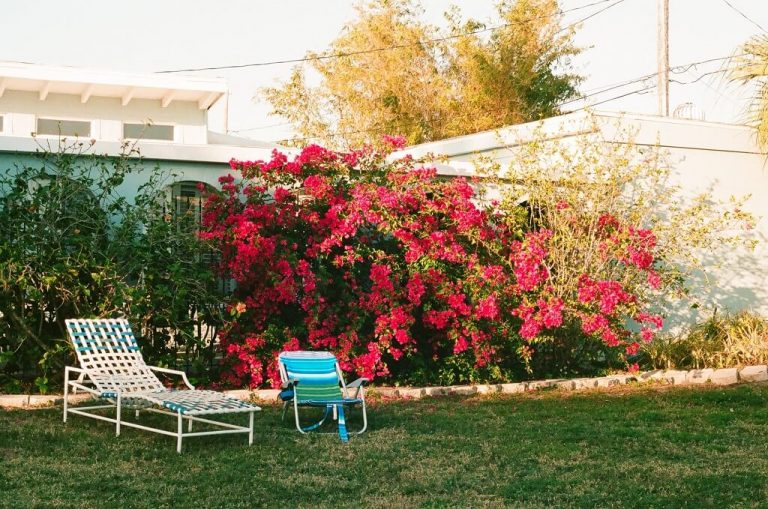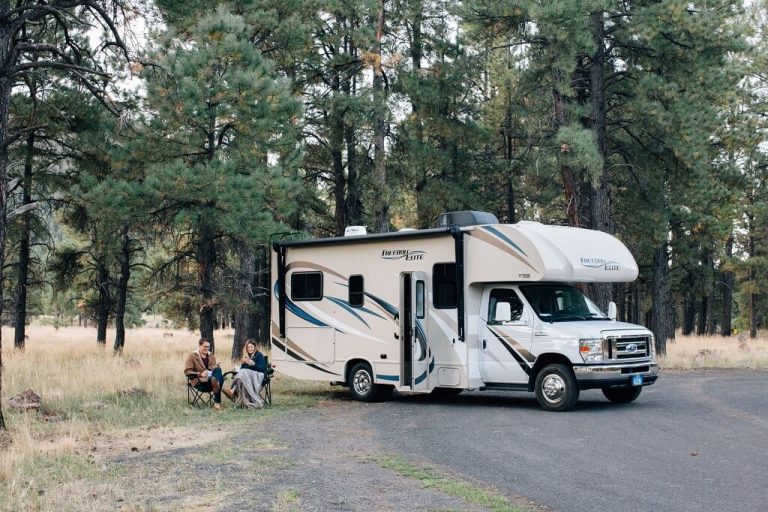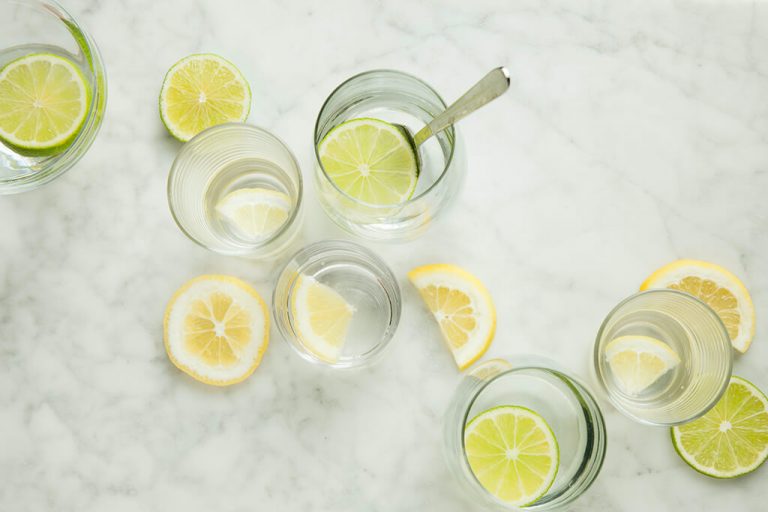High concentrations of naturally occurring minerals or a pH imbalance are the most common causes of a sweet taste in tap water. While neither is cause for alarm, it is important to quickly identify the source of the sweet taste in the unlikely event of water contamination that could pose a health risk. Where Does The Sweetness in My Water Come from? Depending on your location, your tap water may contain traces of minerals such as iron, calcium, potassium and others. If there are higher concentrations of certain minerals. They can cause a wide range of tastes if consumed by someone with a particularly sensitive palate. Your water will have a sweet taste if you have the right balance of potassium and sodium, for example. However, if you live in an area with very hard water, the high mineral content may make the water taste less pleasant or saltier. If…
With a portable water filter, you can purify water on the go. Portable water filters are compact devices with built-in filtration systems for removing water contaminants, including sediment, debris, and microorganisms; these filters are ideal for several situations, including traveling, camping, and survival. Water filters turn contaminated water into safe drinking water in a few steps. What Should You Consider When Choosing Portable Water Filters? When shopping for a portable water filter, the first factor to consider is its intended use. For camping and hiking purposes, the intended use of a water filter is to filter sediment and bacteria. For traveling abroad, its intended purpose will be to target viruses and bacteria. Other factors to consider when choosing water filters include the filter type, capacity, durability, size, and ease of use. Filter Type There are different styles when it comes to portable water filters, and they each have their setting.…
Tap water may be safe to drink, but even the safest tap water contains several impurities that may harm the body in the long run. This is where filtration comes in. But not everyone can afford a filtration system. Alternatively, you may need drinking water in emergency situations. With a home water filter, you have an affordable filtration solution and capable of saving the day in times of emergency. Why Do You Need A Water Filter? Filtering your water is necessary for the following reasons; Maintaining drinking water standards. There are specific standards for tap water in American homes, as set by the Environmental Protection Agency. But these standards may not be in line with your water quality goals in some cases. For instance, arsenic, a popular human carcinogen, has a maximum contaminant level goal (MCLG) of 0.0 mg/L, but the EPA allows a maximum of 0.01 mg/L in tap…
Many homeowners are under the guise of quality when it comes to their tap water. Up to 38% of individuals are satisfied with the overall smell and taste of the water flowing through to their faucets. Unfortunately, this assumption leaves individuals exposed to dangerous chemicals, contaminants, solids, heavy metals, and much more. These pollutants impose health risks far beyond poor tasting or smelling water, which are also easily avoidable with proper filtration or water purification. In all, tap water should never be relied upon completely, regardless of whether it originates from a well or municipal water – but why? The Effectiveness of Water Filters In an effort to purify your tap water, filtration units work to eliminate contaminants and other harmful pollutants from you water source. Because tap water goes through various stages of filtration, utilizing chemicals and more to remove dangerous bacteria, city water could be tainted with contaminants.…
When gardening, you’ll want to make sure your plants have access to clean, safe water to help them thrive. Regular tap water contains chloramine and chlorine levels that can hurt your garden; therefore, a garden hose filter is required to protect your plants from these harmful chemicals. A garden hose filter may assist you in growing a fruitful garden by keeping your soil healthy and providing your plants with the nutrients they require to flourish. First Time Buyer’s Guide: How to Choose the Correct Hose Filter When selecting your first water filter for a garden hose, there are a few factors to consider. Filter Materials A sediment filter is a good choice for a garden hose filter since it keeps dirt, sediments, pebbles, and other material out of your water supply. The higher the mesh value, the greater the amount of impurities that can be filtered. If you use municipal…
When you are serious about the RV life, obtaining safe drinking water is not always an easy task. The quality of your drinking water is highly dependent upon the water source of any given RV park, unless you utilize pricey bottled water, instead. Either way, it’s a well known fact that water from plastic bottles, as well as RV park water sources are both accompanied by an unpleasant flavor. How fresh is RV water, exactly? By the time camping season is beginning to wrap up, water is drained out of the system in order to properly winterize your RV for winter storage. The biggest issue with this practice, is that it’s impossible to drain all of the fresh water from the holding tank. Should you manage to remove all of the water contained therein, moisture will still remain in the system. This means that it creates an environment beneficial to…
When you have a pool, you want to ensure you have access to it all summer long. Unfortunately, bacteria and contaminants can get in the way of enjoying a big splash, especially when you aren’t utilizing the proper pool filter. While it’s true that chlorine and other sanitizers work hard to kill various contaminants, other elements are known to contribute to the growth and colonization of bacteria. If you are struggling to see the point in filtration, try associating a pool filter with your liver. Although your body may employ other means to keep your body free from dangerous bacteria, it’s the liver that is the true work horse of the human body. Without a pool filter, debris virtually remains untouched, which quickly leads to cloudy pool water. On the other hand, when a filter is not properly maintained on a schedule, it can lead to dangerous swimming conditions. Either…
More people are now adopting whole house water filter systems as one of the most reliable filtering solutions around. They are well-known for their efficiency and consistency in producing high-quality water. That said, it can be challenging to choose the best whole house water filter for your use, considering the number of options out there. This article offers you professional insights into how whole house filters work and their pros and cons. You will also get expert reviews of the top whole house water filters, highlighting the strengths of each. What Is A Whole House Water Filter? Whole house water filters are one of the most evolved filtration solutions out there. They are so advanced that you may not know you are even using one. To the question, a whole house water filter is a filtration system designed to filter out the impurities in your water, which may not be…
If you are not conversant with RVs, it is common to bother about the water quality you get from your taps, especially when you consider the only visible source is a tank similar to those used in storing sewage and greywater. This brings us to the question – is the water from your RV really safe for drinking? On a good note, the water from your RV is suitable for drinking, provided the tank and system have been adequately treated and cleaned. But for rented RVs or the ones you are not conversant with the water tank, you are better off with bottled water. As you may have noticed, getting safe drinking water from your RV requires serious maintenance works. This post discusses the ins and outs of RV water, alongside the common warning signs you should look out for in unsafe RV water. Knowing how your RV water supply…
What does our water contain? The tap water and well water Americans use for their daily household activities contain moderate to high levels of impurities, usually from environmental and industrial pollution. The same can be said for other water sources, including glaciers, rivers, lakes, and others. These contaminants are usually naturally occurring minerals and man-made byproducts and chemicals. When contaminant sources like stormwater runoff, acidic rain, industrial wastes, or pesticide runoff find their way into surface water like lakes or rivers, it leads to contamination of water. Likewise, when disease-producing pathogens, toxic household products, agricultural chemicals, and leachates from landfills and septic systems find their way into groundwater like public water supplies or private wells, they contaminate the water. Most contaminants are present at moderate levels, so they do not cause sickness instantly. However, if they are accumulated over time, they cause chronic health issues. Foreign Substances in Water Microbial…

